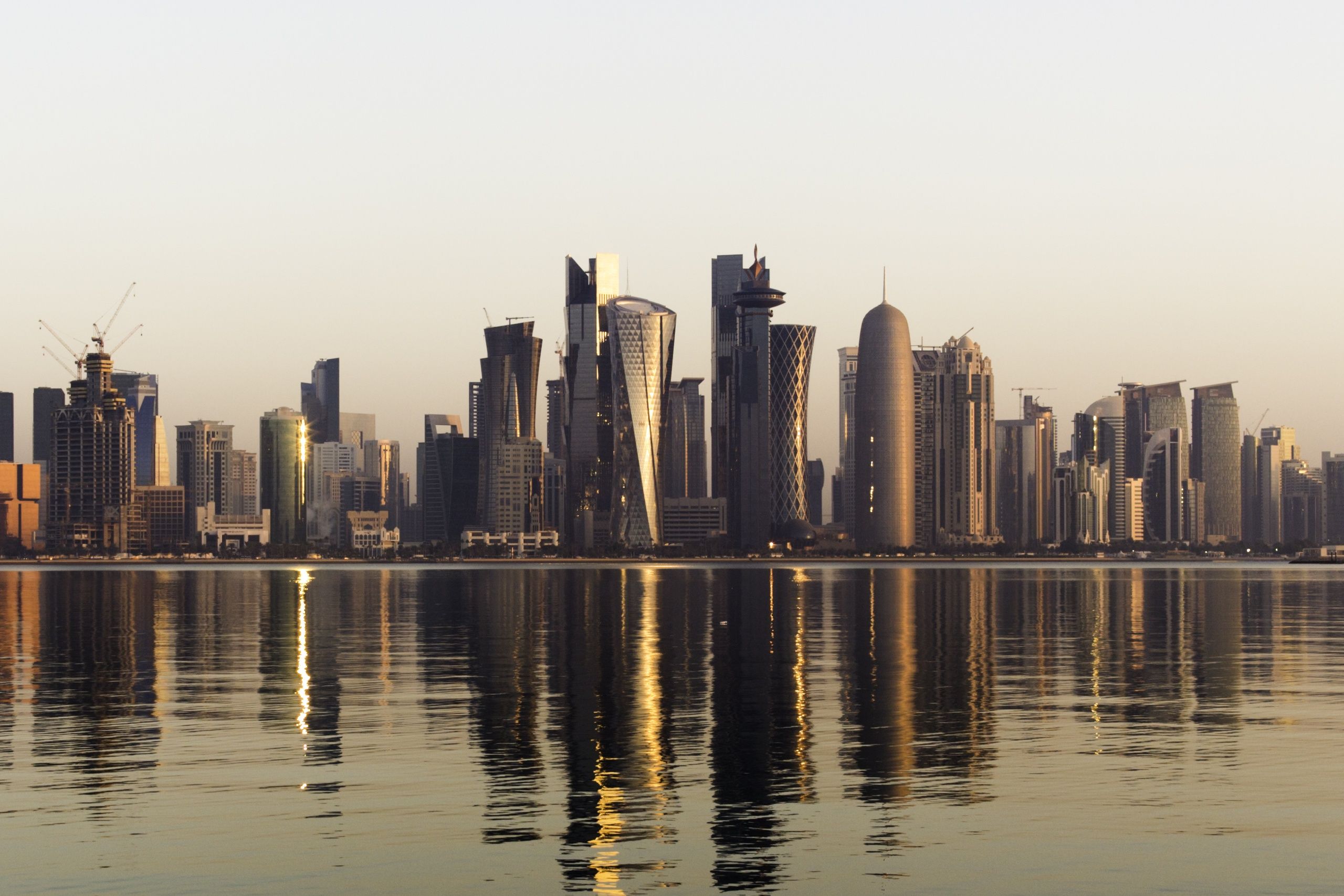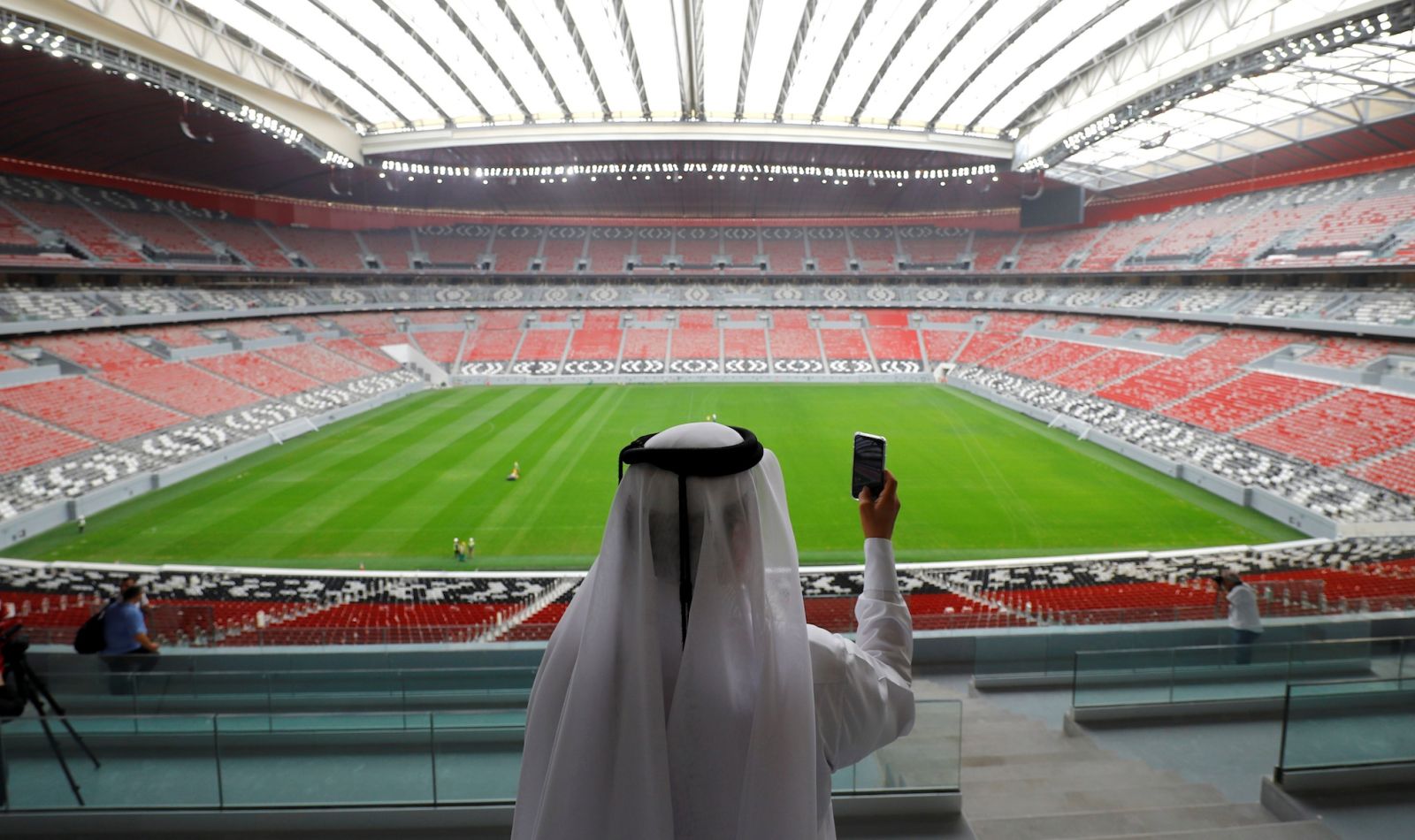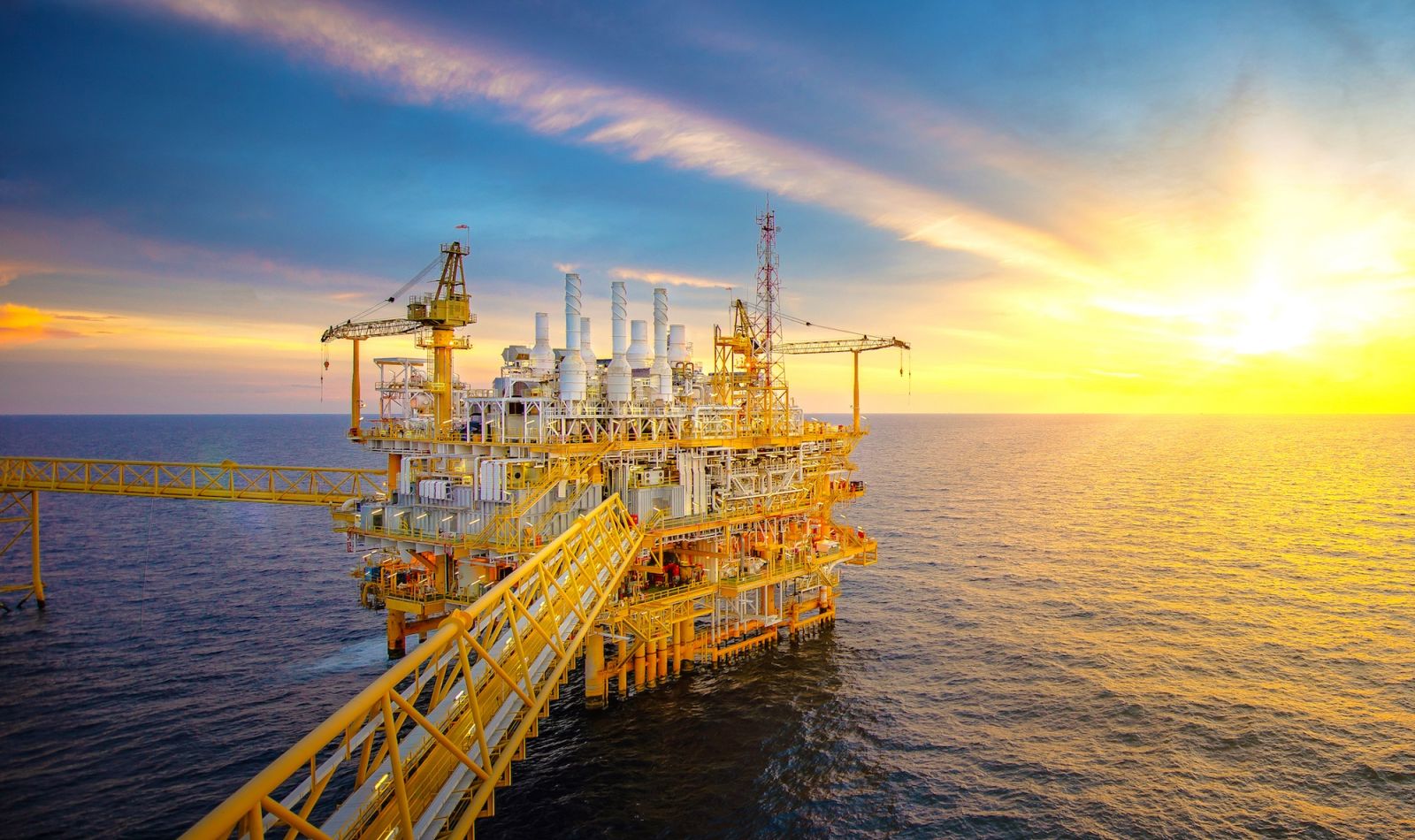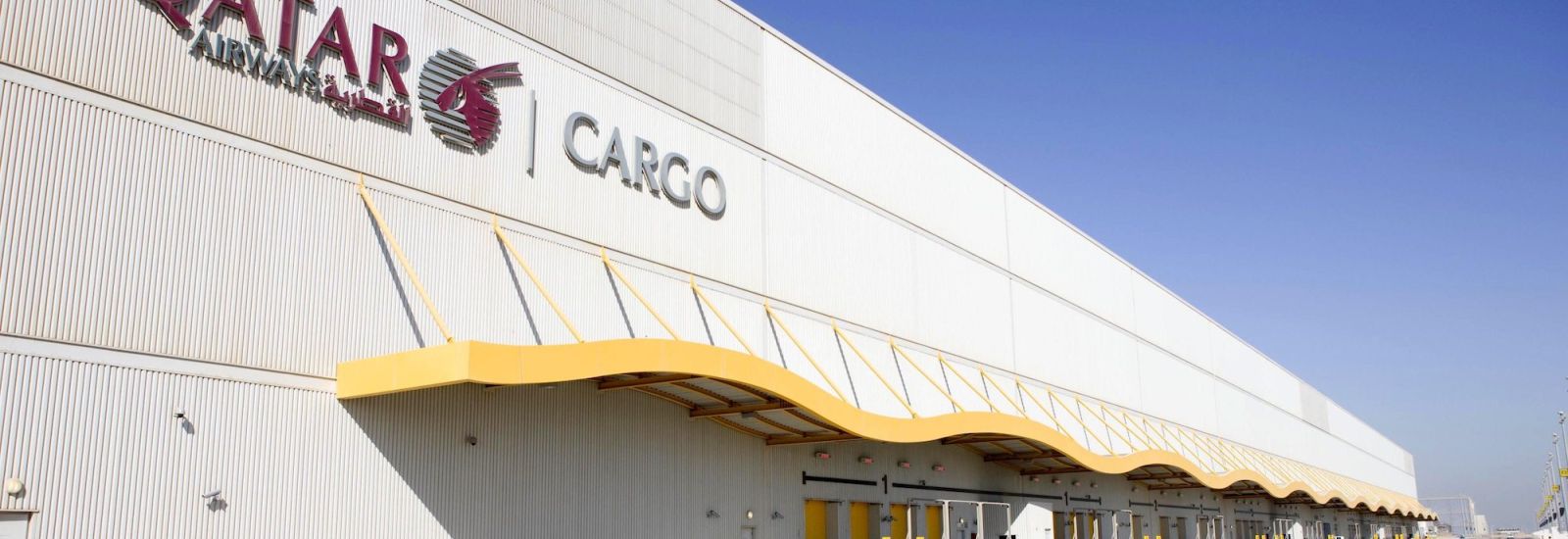رؤية قطر الوطنية 2030
تعد المناطق الحرة منصة استراتيجية للشركات العالمية التي تدعم استكمال المشاريع الكبرى في قطر .

أهداف رؤية قطر 2030
تهدف رؤية قطر الوطنية إلى أن تصبح قطر – بحلول عام 2030- دولة متقدمة قادرة على تحقيق التنمية المستدامة وعلى تأمين استمرار العيش الكريم لشعبها جيلا بعد جيل. يتم تنفيذ رؤية قطر 2030 من خلال استراتيجيات التنمية الوطنية، ويتم الآن تنفيذ الخطة الخمسية الثانية والتي تمتد من عام 2018 حتى عام 2022. وقد تم تصميمها بدعم من البنك الدولي.
إن ما يميز نهج قطر عن غيره وما يدعم نجاحاتها المختلفة هو التقييم والتحسين المستمر للأداء لتحقيق نجاح استراتيجيتها وأهداف الرؤية الوطنية. وقد نتج عن هذا التوجه تحسين أداء مختلف الوزارات والإدارات في الدولة من حيث إدارة واستكمال مختلف المشاريع الكبرى.
هذه الديناميكية هي ما يضمن استكمال المشاريع الضخمة في الدولة مثل كأس العالم “قطر 2022” أو توسيع الميناء. كما أنها تعزز الثقة في مدى التزام الدولة بتحقيق مساعيها.
المشاريع الكبرى
تمثل المناطق الحرة جزءاً أساسياً من سياسة الحكومة لجذب الاستثمارات الاجنبية، كما تعد حلقة وصل بين المستثمرين والفرص الاستثمارية المتاحة في الدولة
كأس العالم “قطر 2022”
دولة قطر هي أول دولة عربية تفوز بحقوق تنظيم بطولة كأس العالم، وهو حدث رياضي عالمي رائع! تحرص دولة قطر على مدار الساعة على تقديم تجربة استثنائية بحلول موعد البطولة. وقد تم الانتهاء من تجهيز شبكة المترو، ويتم الآن تجهيز الملاعب لاستضافة 1.5 مليون زائر متوقع في عام 2022.
تعتمد الدولة أعلى معايير الاستدامة أثناء تصميم البنية التحتية لكأس العالم “قطر 2022″، بما في ذلك الملاعب. سيتيح كأس العام فرصاً كبيرة للاستثمارات الأجنبية للمشاركة في مشاريع البنية التحتية الكبرى مثل الفنادق، والمطارات، والموانئ، والمستشفيات، بالإضافة إلى شبكات الطرق السريعة والنقل والسكك الحديدية.
وقد أبرمت المناطق الحرة مؤخراً شراكة مع مجموعة تاليس الفرنسية لتأسيس مركز للكفاءات الرقمية في المناطق الحرة لتطوير التطبيقات المتخصصة مثل تطبيق بطاقة المشجع (FAN ID) لإدارة تدفق ودخول الجمهور إلى الفعاليات الرياضية الكبرى. كما أن مجموعة واسعة من الشركات بما في ذلك شركة “دي إتش إل”، “فولكس واغن”، “يوتونغ”، وشركة الخليج للمخازن “GWC” تدعم استكمال عدد من المشاريع المتعلقة ببطولة كأس العالم.


مشروع توسعة حقل الشمال
يعدّ حقل الشمال أكبر حقل لاحتياطي الغاز الطبيعي في العالم، إذ يمتد الحقل على مساحة 9,700 كيلومتر مربع ويحوي ما يصل إلى 51 تريليون طن مكعّب من الغاز. ومن شأن مشروع توسعة حقل الشمال أن يزيد من القدرة الإنتاجية للغاز الطبيعي المسال من 77 مليون طن إلى 110 مليون طن في العام، بزيادة تُقارب 43%.
تشرف على مشروع توسعة حقل الشمال شركة قطر للبترول، التي تسعى عبر مبادرة “توطين” إلى تعزيز القيمة في الدولة في مختلف جوانب سلسة التوريد ضمن قطاع الطاقة، وهذا يساعد في خلق فرص واعدة للشركات عبر سلسلة القيمة في مجال الغاز الطبيعي المسال للتعاون والشراكة مع شركة قطر للبترول.
وقد أبرمت المناطق الحرة في قطر شراكة مع “واسكو”، وهي مجموعة متكاملة رائدة في قطاع الطاقة تتخصّص في إنتاج الأنابيب وتغليفها وتوفير خدمات الهندسة والتصنيع دعماً لمشروع توسعة حقل الشمال.
مطار حمد الدولي وميناء حمد البحري
تهدف توسعة مطار حمد الدولي الحائز على الجوائز إلى زيادة الطاقة الاستيعابية للمطار لتصل إلى 40 مليون مسافر تقريباً في العام، وزيادة عدد الوجهات التي يخدمها لتصل إلى 160 وجهة، فضلاً عن شحن مليوني طن من البضائع. حصل مطار حمد الدولي على العديد من الجوائز والألقاب، بما في ذلك تصنيف خمس نجوم خلال حفل توزيع جوائز “سكاي تراكس” السنوية بفضل مرافقه وخدماته الاستثنائية. ليكون بذلك مطار حمد الدولي واحداً من بين سبعة مطارات فقط حول العالم تحصل على هذا التصنيف. كما حصل مطار حمد الدولي على لقب “أفضل مطار على مستوى منطقة الشرق الأوسط” لخمسة أعوام على التوالي من قبل “سكاي تراكس”، ولقب ثاني أفضل مطار في العالم في حقل توزيع جوائز Travel Plus Leisure.
ميناء حمد يُعد أكبر ميناء مستدام وصديق للبيئة في العالم. وفاز ميناء حمد مؤخراً بجائزة الابتكار في حفل توزيع جوائز قائمة لويدز العالمية، وهي من أشهر الجوائز المرموقة في قطاعات اللوجستيات والتجارة والنقل البحري. يستوعب الميناء ستة ملايين حاوية سنوياً ويمتلك أكبر رصيف للحاويات في العالم. كما يمتلك الميناء محطة للحبوب بطاقة استيعابية تبلغ مليون طن سنوياً، وبرج مراقبة ذو تصميم فريد بارتفاع 110 أمتار، فضلاً عن أنه يضم منطقة تخليص جمركي للبضائع ومنصة لتفتيش السفن ومحطة لاستقبال السيارات بطاقة استيعابية تبلغ 500 ألف سيارة سنوياً
وقامت شركة “جوسين” الرائدة في مجال حلول التنقل الكهربائي بتأسيس خط تجميع في الوحدات الصناعية الخفيفة في المناطق الحرة في قطر لتصنيع المركبات الكهربائية المعدّة لنقل البضائع والشحنات في مطار حمد الدولي وميناء حمد. ونظراً لقرب المناطق الحرة من المطار والميناء، فإن ذلك سيتيح لشركة “جوسين” إمكانية وصول كبيرة لكلا المنشأتين وعروضاً متكاملة ومتميزة من الخدمات اللوجستية لكافة الشركات المتواجدة في المناطق الحرة.


اقتصاد قائم على المعرفة
حرصت دولة قطر على الاستثمار بشكل دائم في الأساسيات الأربعة التي تشكّل الاقتصاد القائم على المعرفة بهدف خلق سوق يتمتع بمعايير عالمية لجذب أبرز الشركات وألمع المواهب في العالم. وقد تم توجيه اقتصاد الدولة بما يدعم مفاهيم الابتكار وريادة الأعمال ويعزز من جودة وامتياز قطاع التعليم. وبفضل هذه الاستراتيجية، تمكنت المناطق الحرة في قطر من جذب كبرى الشركات مثل شركتي جوجل ومايكروسفت ومجموعة تاليس الفرنسية، لتستفيد هذه الشركات من الفرص الاستثمارية المتاحة والمتنامية في الدولة.

نمط حياة معاصر
تجمع قطر بين عراقة التاريخ وحداثة الحاضر والتطلع للمستقبل، ويتميز المجتمع القطري بنسيج ثقافي غني تتوفر لديه مجالات متعددة للسياحة والتنزه. كما أن الدولة لا تفرض ضريبة الدخل على الأفراد، مما يعني أنه يمكن للشركات جذب أفضل وألمع المواهب والكفاءات في العالم برواتب مجزية وتكلفة تنافسية.

حقائق وأرقام
تمتلك دولة قطر احتياطيات هائلة من الغاز الطبيعي، وهي أحد أكبر مصدري الغاز الطبيعي المسال على مستوى العالم. تعتمد الدول اليوم على الغاز الطبيعي المسال كمصدر للطاقة في إطار تحولها من الاعتماد على الفحم إلى مصادر أكثر نظافة واستدامة مثل الغاز الطبيعي ومصادر الطاقة المتجددة. تعكس احتياطيات الدولة من الطاقة والنظرة المستقبلية المستقرة لسياستها مدى استقرار الاقتصاد الكلي، وتساعد في تمويل تحول الاقتصاد تحت مظلة رؤية قطر الوطنية 2030.
المشهد الاستثماري
تعد المناطق الحرة في قطر جزءاً أساسياً من استراتيجية الاستثمار في الدولة. وهناك مجموعة واسعة من المؤسسات والمنظمات في قطر التي تهدف إلى دعم الأعمال التجارية للمستثمرين هنا.
تركز شركة الدوحة للاستثمارات الصغيرة والمتوسطة – المنصة الاستثمارية للمناطق الحرة – على استقطاب الشركات الصغيرة والمتوسطة من مختلف القطاعات الاستراتيجية للاستفادة من فرص النمو في قطر ومنطقة الشرق الأوسط وإفريقيا والعالم. وقد عقدت شركة الدوحة للاستثمارات الصغيرة والمتوسطة شراكة مع اثنتين من الشركات المتواجدة في المناطق الحرة وهي شركة Tradeshift، الشركة العالمية الرائدة في مجال مدفوعات سلسلة التوريد والأسواق، وشركة Invetus Power، مزود أنظمة البطاريات المتقدمة لمصنعي المعدات الأصلية.
تُشرف وكالة ترويج الاستثمار في قطر، تحت علامة “استثمر قطر” التجارية، على الأنشطة الترويجية الرامية إلى جذب الاستثمارات، لتحتضن رواد الأعمال والشركات المهتمة بالاستثمار في قطر. ونحن ندعم المستثمرين، من خلال تسخير بيئة متكاملة من منصات الأعمال والترخيص، على مدار رحلتهم الاستثمارية، بدءًا من مرحلة الاستكشاف والتأسيس وصولاً إلى مرحلة التوسع، وفق مقاربة صُممت خصيصًا لتتسق مع أهدافهم وطموحاتهم الفريدة، بما يضمن لهم النجاح على المدى الطويل.
الديوان الأميري هو المقر الرئيسي للحكم في دولة قطر، والجهاز السيادي فيها، والمكتب الإداري لسمو أمير البلاد المفدى، وهو حلقة الوصل بين سموه وكافة الأجهزة الحكومية وغير الحكومية في الداخل والخارج، يقوم بإحاطته بأهم المستجدات محليا ودوليا، ويعرض عليه مشاريع القوانين والأدوات التشريعية للنظر في المصادقة عليها، ويبلغ توجيهاته للجهات المعنية.
تتمحور أنشطة قطر للبترول ومشاريعها المشتركة حول استكشاف وإنتاج وتسويق النفط والغاز في جميع أنحاء العالم. توفر الشركة مجموعة متنوعة من المنتجات، بما في ذلك النفط الخام، والغاز الطبيعي المسال، والبتروكيماويات، والمواد المضافة إلى الوقود، والأسمدة والحديد والألمنيوم، وغيرها.
تجري الشركة عملياتها في عدد من المواقع المختلفة في الدوحة، ودخان، ومسيعيد، ومدن راس لفان الصناعية. بالإضافة إلى العمليات البحرية المتنوعة في محطات وحقول متعددة.
تم تأسيس جهاز قطر للاستثمار في عام 2005 لتعزيز التنمية الاقتصادية في الدولة من خلال التنويع في فئات جديدة للأصول. يعد جهاز قطر للاستثمار من أكبر عشرة صناديق ثروة سيادية في العالم نظراً لمحفظته الضخمة من الاستثمارات الاستراتيجية طويلة الأجل.
تغطي استثمارات جهاز قطر للاستثمار فئات الأصول المختلفة التي تشمل على سبيل المثال لا الحصر، الأوراق المالية المدرجة، والعقارات، والأصول البديلة، والأسهم الخاصة في كل من الأسواق الرئيسية والناشئة.
تعد الخطوط الجوية القطرية أسرع شركة طيران نمواً في العالم. تسيّر الشركة رحلاتها إلى أكثر من 160 وجهة في القارات الست. وتفتخر الشركة بامتلاكها أسطولاً حديثاً من الطائرات ذات المستوى العالمي، ويقدم فريقها المحترف المكون من 46,000 مضيف خدمات خمس نجوم لجميع المسافرين على متن رحلاتها، عبر مقر عملياتها في مطار حمد الدولي في قطر.
منذ انطلاقها في عام 1997، حصدت الشركة مجموعة من الألقاب والجوائز المرموقة. وقد كانت الخطوط الجوية القطرية واحدة من شركات الطيران القليلة التي حازت على تصنيف خمس نجوم من قبل “سكاي تراكس”.
تهدف شركة Ooredoo إلى جعل دولة قطر في طليعة الدول في مجال الاتصالات على مستوى العالم. توفر Ooredoo مجموعة واسعة من منتجات وخدمات الاتصالات لقاعدة واسعة من العملاء تتجاوز 100 مليون عميل في منطقة الشرق الأوسط وشمال إفريقيا وجنوب شرق آسيا.
تشتهر الشركة اليوم بكونها شركة الاتصالات الأولى على مستوى العالم التي تقدم خدمات الجيل الخامس (5G) بشكل تجاري، مما يخلق إمكانيات جديدة عبر القطاعات والصناعات المختلفة، بما في ذلك دعم مشاريع المدن الذكية مستقبلاً وبطولة كأس العالم لكرة القدم 2022 في قطر.
تضم مؤسسة قطر ما يزيد عن 50 كياناً في مجال التعليم والبحوث. وتمثل المؤسسة بيئة تعتمد على المبادرات التي تعالج التحديات الأكثر إلحاحاً، وتتيح الفرص العالمية وتمكّن الأفراد من صياغة مستقبلهم.
تعزز المؤسسة التنمية الاجتماعية والاقتصادية من خلال تركيزها على تعزيز الابتكار وريادة الأعمال، ودعم مساعي تنمية المجتمع وثقافة التعلّم مدى الحياة. تسعى مؤسسة قطر جاهدة إلى إطلاق إمكانات الأفراد المبدعين ودفع التقدم في قطر والمنطقة بأكملها.